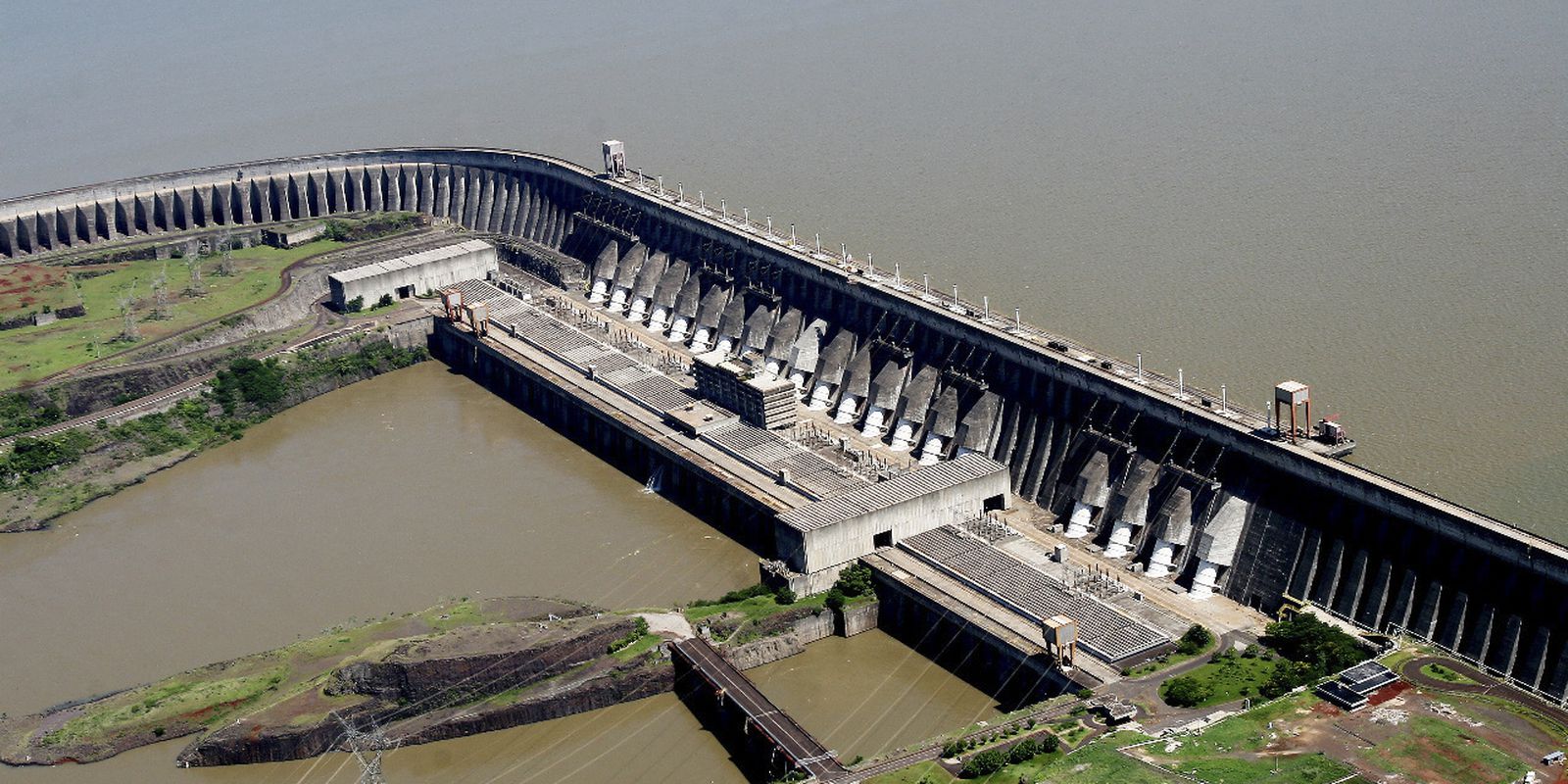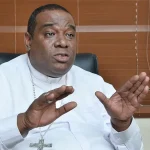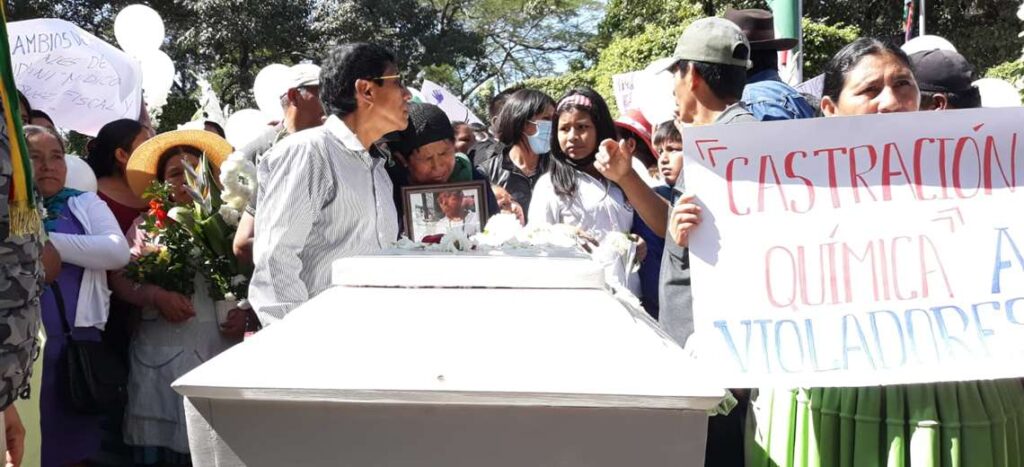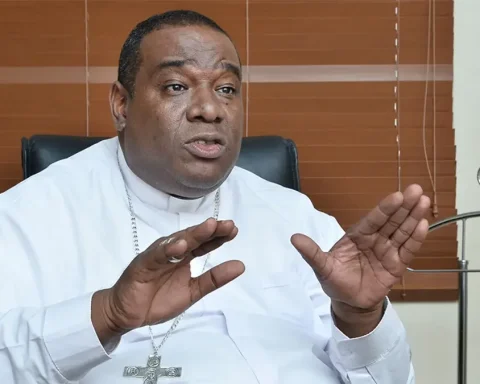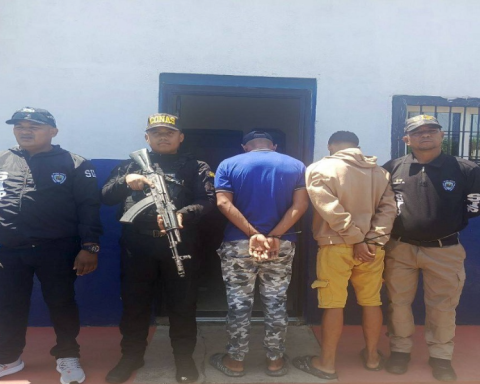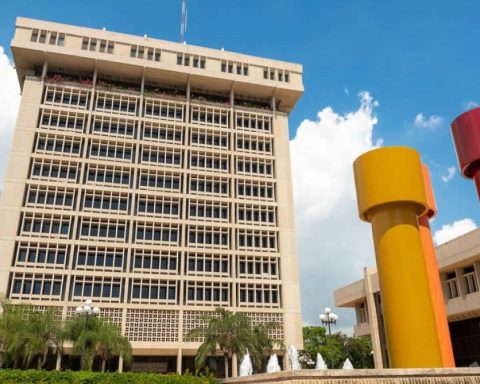Some innovative experiences have made the use of water for energy generation increasingly sustainable, as well as energy for communities to have access to water. Based on this premise, and with the objective of giving visibility to initiatives and practices related to the sustainable use of water and energy, the first Global Symposium on Sustainable Water and Energy Solutions began today (13th) in Foz do Iguaçu, Paraná. .
The meeting brings together, until the 15th, about 250 participants from different parts of the world, including specialists, representatives of international organizations, such as the United Nations (UN), and governments, as well as civil society, the private sector, leaders and specialists. in water, energy, terrestrial ecosystems and climate change.
Organized by the United Nations Department of Economic and Social Affairs (UN Desa) and Itaipu Binacional, the symposium aims to share and explore best practices in relation to the sustainable use of water and energy, based on a context where more than 733 millions of people do not have access to electricity and more than 2 billion people are affected by so-called water stress.
If procedures are not reviewed, the situation could get even worse, since, according to the International Energy Agency (IAEA), by 2035, energy consumption is expected to increase by 50%, which will result in an increase of 85 % of water consumption in the energy sector.
Environmental sustainability
Opening the symposium, UN Under-Secretary-General Desa, Liu Zhenmin, recalled that the Millennium Development Goals (MDGs) – eight international development goals established after the United Nations Millennium Summit in 2000 – were designed “to respond to the various weaknesses and failures that the current global crisis is causing.” Zhenmin was referring in particular to the seventh objective: ensuring environmental sustainability.
“Water and energy are essential for achieving a sustainable future”, he added, when correlating, to the environmental issue, the fulfillment of other objectives, such as the eradication of extreme poverty and hunger.
cross-border cooperation
Zhenmin also highlighted the importance of joint action involving countries, especially those that share borders. “It is no coincidence that this first symposium is held in Itaipu, [empreendimento] shows how cross-border cooperation can work, providing water and energy to feed and bring prosperity to its people.”
“Therefore, we need to demonstrate commitments and be swift in local and international actions and investments,” added Zhenmin. He asked everyone – authorities, public authorities, entities, specialists, civil society – to increase their efforts to provide a sustainable future for all.
The example of the Itaipu Hydroelectric Power Plant was the first case presented during the symposium. “We are together to implement solutions and establish a knowledge platform with governments, businesses, companies and civil society around the world”, concluded Zhenmin.
Itaipu Binacional
In the assessment of Itaipu Binacional’s Coordinating Director, General Luiz Felipe Carbonell, the symposium will show that the Itaipu Hydroelectric Power Plant “is an example that can be followed by any other hydroelectric plant”, with regard to the “development of hydroelectricity in perfect symmetry with sustainability”.
“To keep the water tank [o reservatório da usina] we have to look at the territory [nos arredores do empreendimento], in order to generate a virtuous circle for the generation of energy”, said Carbomell, who highlighted the work developed by the binational with riparian forests and protection areas. For company executives, all this care is aimed at ensuring that the US$ 3 billion in annual financial inflows are maintained.
Environmental actions are also being carried out in Paraguay, a neighboring country and a partner in the project, highlighted the plant’s Paraguayan Coordination Director, Gustavo Ovelar Rojas. “We have eight biological reserves on our side and we want to take advantage of this symposium to show this and other actions that we are implementing.”
The two countries develop projects aimed at the use of clean energy, by local producers, and the integration of activities with sanitation structures, in addition to adopting internally and through pilot experiences the use of water management and alternative energy.
“Here, we have the opportunity to offer, including to African countries, ways of managing water, especially on how to overcome the difficulties of shared management with other countries, showing that it is possible to make this joint use”, said Carbonell.
President of the Brazilian Hydrogen Association, Paulo Emílio Valadão began his speech by congratulating Paraguay, classifying it as “the country that has the best water management”.
Regarding Brazil, he stated that, as an agro-industrial country, it has “a lot of availability of biomass, tailings and management that can be used for the production of hydrogen in an advantageous way”, which can help the country to reduce the emission of carbon dioxide. In the atmosphere.
The issue of water scarcity has been the focus of the binational’s attention, including to ensure good levels of water in its reservoir. “We have been preparing for this for a long time. We modernized equipment, moving from analog to digital, aiming at efficiency and effectiveness,” he said.
“We also developed environmental education to raise the awareness of the population in the area of influence, so that we can constantly monitor the situation in order to keep the territory healthy”, added Carbonell.
*The reporter traveled at the invitation of Itaipu Binacional
